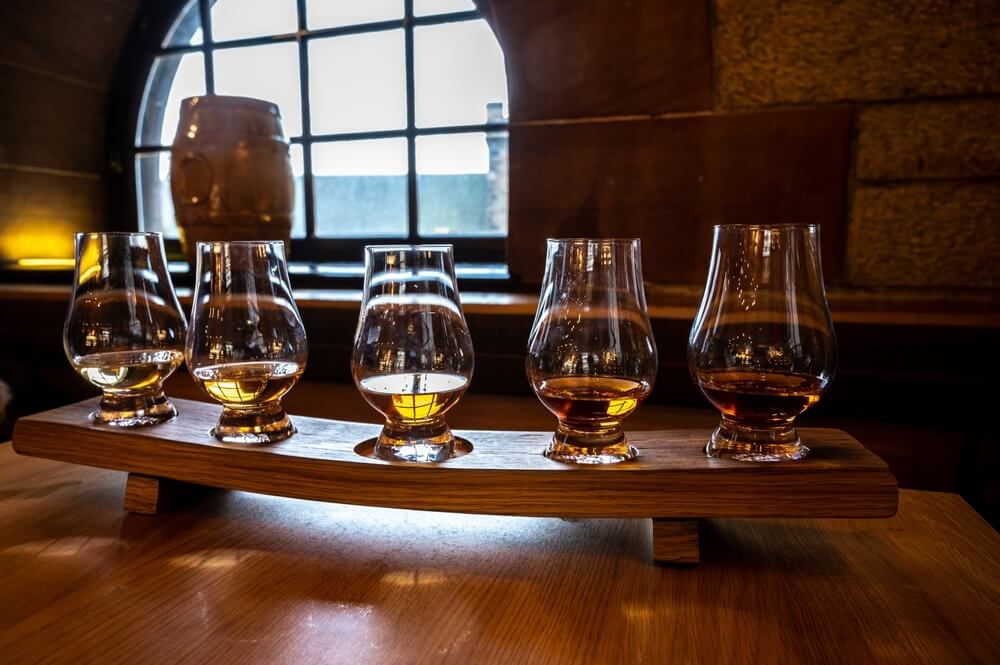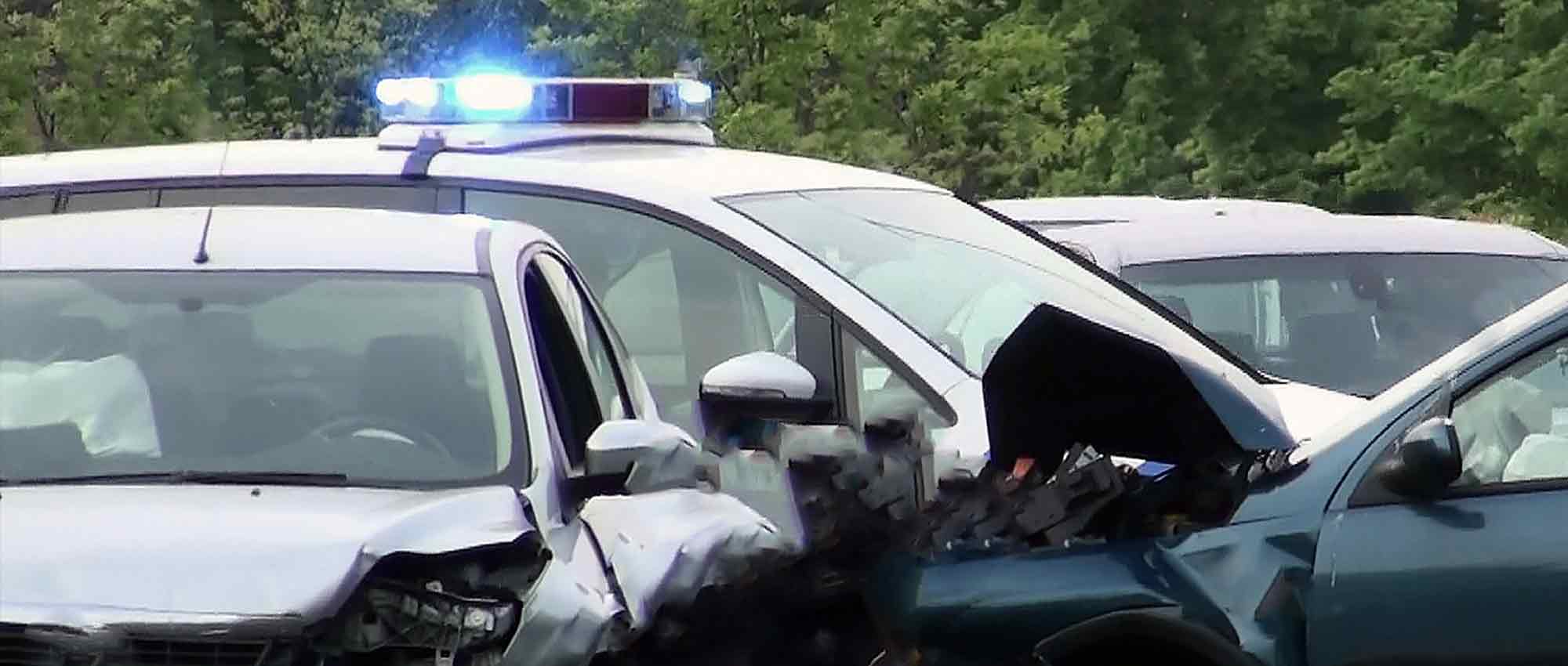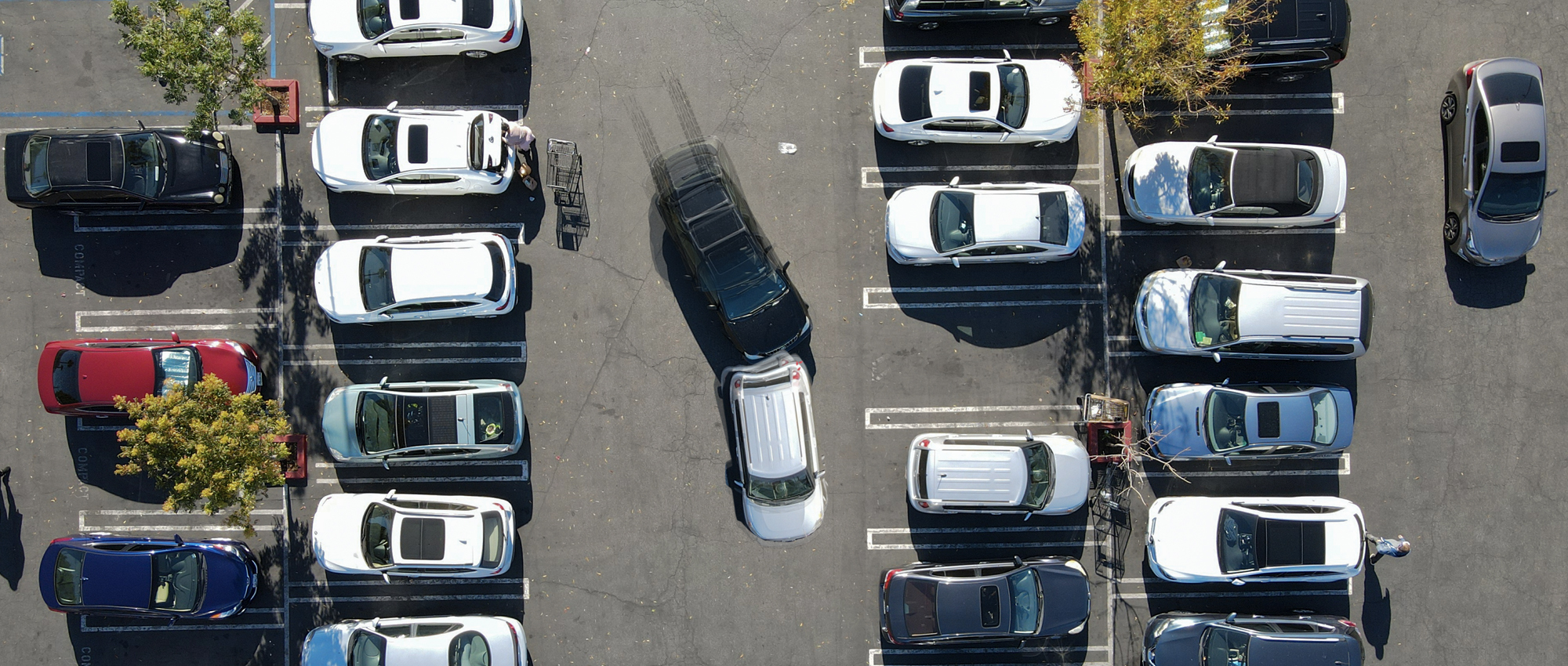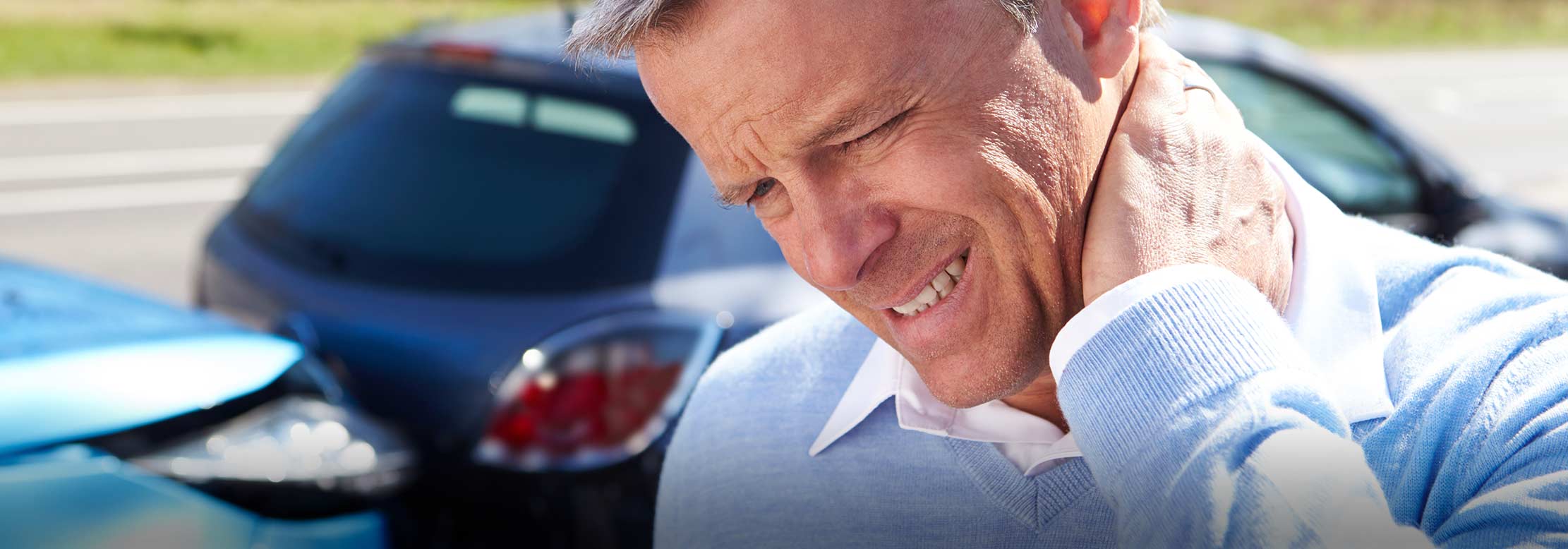Dram shop liability is a legal concept that holds a bar or liquor-licensed establishment responsible if an intoxicated customer injures someone else. If the staff serves a person they knew or should have known was drunk, and that patron proceeds to harm someone, then victims can hire a drunk driving lawyer in Aiken, SC to make the establishment pay the damages they deserve.
Dram shop law also applies when businesses serve or sell alcohol to underage patrons. Dram shop liability hinges on finding that the establishment acted negligently in serving or overserving the customer.
What Is a Dram Shop?

In simple terms, a dram shop is a business, such as a bar or tavern, that serves alcoholic beverages. The word “dram” refers to an alcoholic beverage given to customers. In 18th-century England and the United States, a dram was a unit of measurement for the volume of alcohol and other mixtures used in medicine.
South Carolina Dram Shop Law
Many states have a dedicated Dram Shop Act, detailing how liability works when a bar serves liquor to an underage or intoxicated person; however, South Carolina does not have a specific dram shop statute. Instead, the state observes dram shop liability based on common law. The courts determine liability using the criminal laws governing the sale of alcohol.
Laws Against Serving Alcohol in South Carolina
There are a number of state laws governing alcohol for both businesses and individuals.
Laws for Businesses Selling Alcohol
Dram shop laws in South Carolina prohibit a liquor-licensed establishment from knowingly selling or serving alcohol to an underage or visibly intoxicated person. Additionally, the law makes it illegal for a bar or other liquor-selling business to transfer alcohol for underage drinkers to consume. This could be for a party or event where underage drinking is set to take place.
Amongst other restrictions, a retail location selling alcoholic beverages must post signage notifying the public that it is against the law for those under 21 to purchase or consume alcohol.
Laws for Individuals Buying Alcohol
There are also laws that apply to individuals.
The state prohibits adults from:
- Buying alcohol for someone under 21 years old
- Transferring or supplying alcohol for the purpose of underage drinking
- Giving alcohol directly to a minor
- Allowing minors to drink in a private setting
The law makes an exception if the alcohol is served by a parent, or legal guardian, or for religious purposes, such as communion. Violations of these laws are usually through an act of negligence; however, intentional alcohol-related harms do occur.
Dram Shop Liability Requires Proof of Negligence
When an intoxicated driver causes an accident that injures another person, the victim can seek compensation from the bar that overserved them. To successfully recover damages in dram shop cases, the victim and their attorney must prove that the business was negligent or intentional in serving a minor or an intoxicated person.
Establishing negligence requires demonstrating:
- The bar had a duty to serve alcohol responsibly to patrons who are over 21 years old.
- The bar served alcohol to someone who was intoxicated or under the legal drinking age.
- The drunk customer harmed someone else, either through drunk driving or some other act.
- The injured party has damages.
Evidence of Dram Shop Negligence
To prove the above elements, a personal injury attorney must gather supporting evidence.
Evidence of Duty of Care
Every establishment has an inherent duty of care to follow state law and not serve patrons who are underage or intoxicated.
Evidence of Knowledge of Intoxication
To demonstrate that the alcohol establishment knew or should have known the customer was drunk, a plaintiff and attorney must show that the bar had knowledge of intoxication or should have noticed visible signs of drunkenness.
Knowledge of intoxication includes knowing the:
- Number of alcoholic drinks consumed
- Type of drinks consumed
- Time frame during which the patron consumed the alcohol
Visible signs of intoxication include:
- Falling over
- Slurred speech
- Staggering while walking
- Passing out
- Disorientation
- Aggressive behavior
Evidence of Breach of Duty
Proving that the bar breached its duty to serve alcohol responsibly and abide under the law may include showing that the employees:
- Neglected to ask for identification before selling or serving drinks
- Failed to identify the intoxicated patron when there were visible signs
- Persisted in serving alcohol to the patron despite knowing that they were intoxicated
Evidence of Causation
An attorney can obtain proof that the alcohol intoxication was the proximate cause of the drunk driving car accident or injury through police reports or arrest and court records. A conviction for driving under the influence (DUI), driving with an unlawful alcohol concentration (DUAC), or any other drunken assault is strong evidence for a cause of action.
What Is Social Host Liability?
Under the concept of social host liability, a person who serves alcohol at a private gathering may bear responsibility if someone is injured by a drunk underage guest. Social hosts can serve alcoholic drinks to guests without a license, but serving guests under 21 is illegal.
If the underage drinker goes on to cause a drunk driving accident or otherwise injure someone, the host must pay damages. Social hosts are not responsible for intoxicated guests who are of legal drinking age.
What Businesses Does Dram Shop Liability Apply to?
Dram shop liability can apply to any business holding a commercial liquor license or an equivalent permit in South Carolina. It applies to bars or establishments serving drinks on the premises and retail businesses selling alcohol.
Dram shop laws apply to:
- Liquor stores
- Restaurants
- Bars and taverns
- Strip clubs and gentlemen’s clubs
- Night clubs
- Lounges
- Hotels
- Private clubs, such as country clubs
- Caterers serving alcohol
In any of the above settings, the establishment bears liability based on the actions of its employees. Staff members overserving intoxicated customers may be considered negligent.
The following individuals could be at fault under dram shop liability:
- Bartenders
- Servers
- Managers
- Store clerks/cashiers
Businesses Are Responsible for Their Employees’ Actions
The concept of respondeat superior holds businesses responsible for the actions of their employees when they're on the clock. This concept is better known as “vicarious liability.” A liquor-serving business must pay damages when its employees commit negligent acts that harm others. Victims of drunk drivers or another intoxicated individuals can seek damages under South Carolina's vicarious liability law.
Seeking Damages in a Dram Shop Liability Case
The state ensures that victims have an avenue for financial recovery after being injured in a bar or due to the actions of a negligent establishment. Importantly, anyone injured by an intoxicated person can bring a dram shop liability claim, not just victims of drunk driving accidents in South Carolina.
Liquor Liability Insurance
South Carolina requires any business holding an alcohol license to maintain liquor liability insurance of at least one million dollars. This insurance pays out damages that a victim suffers, including both economic and non-economic damages.
Recoverable Damages
A drunk driving accident victim can recover the following types of economic damages under dram shop liability:
- Medical bills
- Lost income from missing work
- Reduced earning ability due to an injury
- Travel costs
- Required services
- Physical therapy
- Occupational therapy
- Mental health counseling
- Property or vehicle damage
Non-economic damages available in a dram shop liability claim can include:
- Physical pain and suffering, such as broken bones, traumatic brain injury, back pain, etc.
- Disfigurement
- Emotional distress, including depression, fear, insomnia, or socially withdrawing
- Diminished quality of life
- Loss of enjoyment of activities
- Inconvenience
Punitive Damages
It is also possible for a victim to recover punitive damages in a South Carolina dram shop liability case. State law awards these damages to punish a defendant when they harm others due to reckless, willful, or wanton misconduct. The plaintiff would need to prove by clear and convincing evidence that the defendant’s actions met the criteria described in the statute. The burden of proof is higher than the proof necessary to win compensatory damages in a dram shop liability case.
Sometimes, the courts deem drunk driving accidents worthy of punitive damages because driving while intoxicated is a deliberate violation of the law that demonstrates a reckless disregard for others. Where punitive damages are capped in most other types of cases, South Carolina does not restrict the amount awarded in a drunk driving case.
Drunk Driving Laws in South Carolina
Under South Carolina law, drivers can be convicted of driving under the influence if the drivers are caught operating a vehicle while impaired by alcohol. In most cases, officers will look for a blood alcohol concentration (BAC) of .08; however, they can bring a DUI charge with a lower BAC if other evidence indicates the driver was impaired.
Impaired drivers operate a vehicle without the full use of their mental or physical faculties. Signs of impaired driving include erratic driving, slow reactions to traffic signals, slurred speech, inability to maintain balance, or difficulty walking in a straight line.
The Differences Between a DUI and DUAC
South Carolina also convicts drivers of driving with an unlawful blood alcohol concentration (DUAC). Drivers with a BAC of .08 are automatically violating the law. The primary difference between a DUI and a DUAC is that intoxicated persons need not be impaired for the state to convict them of a DUAC. If the driver has a blood alcohol level of .08, they are presumed to be driving under the influence of alcohol, even if there are no visible signs of impairment.
An officer may make an arrest at any point with probable cause.
Penalties for Intoxicated Driving in South Carolina
The penalties for a DUI or DUAC are the same.
Misdemeanor Offenses
An intoxicated driver convicted of either offense as a misdemeanor in South Carolina may face:
- Up to $400 in fines and/or jail time 48 hours to 30 days, and a driver’s license suspension for six months for a first-time offense
- A fine of $2,100 to $5,100 and/or jail time between five days and one year, plus a suspended license for one year for a second offense
Felony DUI Offenses
In the event that an alcohol-impaired driver injures or kills another person, he or she will face felony DUI charges. The state also elevates charges to a felony when a driver commits a third DUI offense or endangers children.
Felony DUI penalties include:
- For causing great bodily injury: A mandatory fine between $5,100 and $10,100, along with imprisonment up to 15 years.
- For causing death: A mandatory fine between $10,100 and $25,100 and up to 25 years in prison.
- Third offense: A $3,800 to $6,300 fine and imprisonment for 60 days to three years for a third offense. The driver’s license may be suspended for four years if the third offense occurs within five years of the first.
- Fourth offense: Prison time for one to five years if it’s a fourth-time offense.
A DUI Conviction Supports a Dram Shop Liability Case
A DUI or DUAC conviction could provide the necessary evidence to support a dram shop liability or drunk driving claim for compensation. A conviction is a verifiable proof that the driver breached their duty of care and that subsequent injuries were the result of that negligence.
It’s beneficial for victims to have a qualified South Carolina drunk driving accident attorney take on their dram shop liability case. An attorney could perform an investigation into the source of the driver’s intoxication and determine if any establishment played a role in overserving the driver.
The Statute of Limitations for Dram Shop Liability Claims in South Carolina

Dram shop liability cases are personal injury cases. The state provides three years from the date of injury for victims to file a lawsuit against the bar responsible for overserving a patron.
Missing the filing deadline means the judge can dismiss the case unless a valid legal exception applies. Those considering taking legal action should consider contacting Morris Law Accident Injury Lawyers in South Carolina for a drunk driving accident lawyer as soon as possible to learn about their options. Get More Get Morris!








